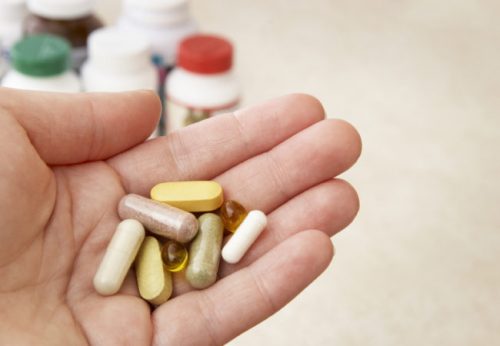Eight Supplements for Sleep and Relaxation Support
As mentioned in previous articles, phosphatidylserine, ashwagandha, and melatonin, provide a wide array of nutraceuticals with evidence that backs their use for sleep and relaxation support. In clinical practice however, we often lack the time to do a deep dive into the data behind these tools and tend to avoidRead











